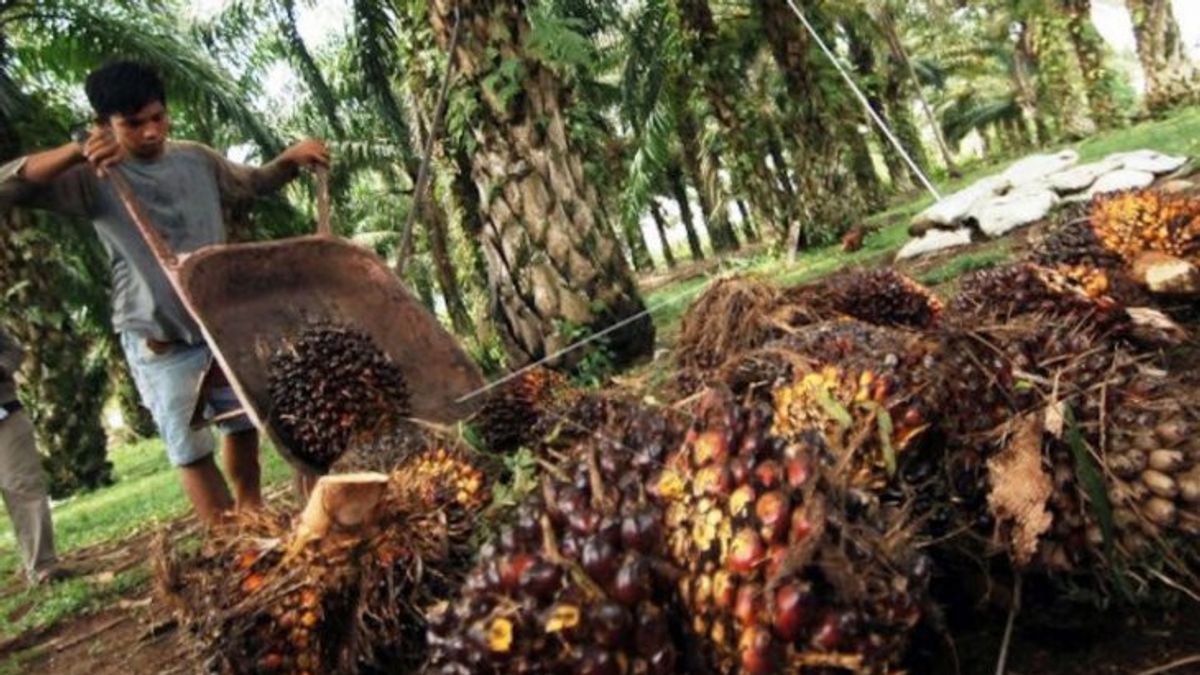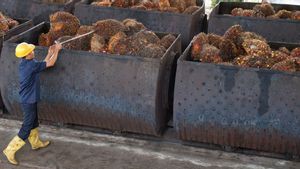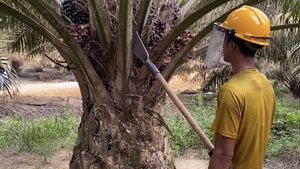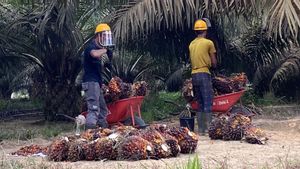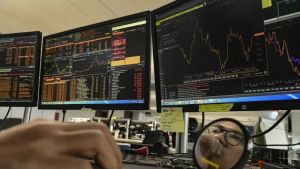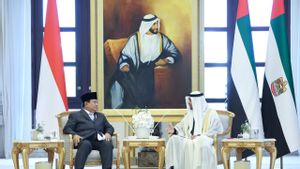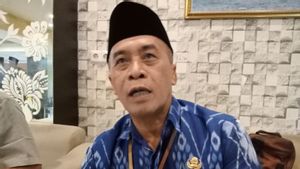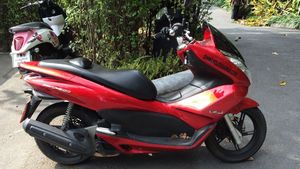EAST BELITUNG - The large number of interferences in the Rejuvenation of People's Palm Oil (PSR), is the cause of the slow running of the program. Regulations in various ministries and institutions are obstacles in implementing in the field.
Member of the Supervisory Board of the Palm Oil Plantation Fund Management Agency (BPDPKS) Joko Supriyono said the regulations that were born by various ministries were not in line with these goals.
Therefore, according to him, the challenge of regulation is actually joint homework that must be overcome by inter-ministerial ministries.
"This is a matter for many ministries. So the obstacles are in many ministries. So regulations, procedures need to be improved. So that's why PSR is slow, because we still need to improve regulatory procedures," he said in the Press Tour. Palm Oil Contribution for the State Budget and the Economy, Friday, August 30.
PSR's performance in recent years, continued Joko, has been delayed. Based on BPDPKS data, PSR realization from the beginning of the year to July 2024 has only reached 18,484 hectares (ha) with funds disbursed of Rp544 billion spread across 22 provinces.
The amount of PSR land is still far from the alley targeted this year, which is 120,000 ha. The allocation of funds for PSR is also planned to be increased from Rp. 30 million to Rp. 60 million per ha starting September 1.
However, Joko admitted that he doubted that the additional funds would have a significant effect on improving the implementation of PSR if regulatory problems had not been addressed.
This year it has been increased to Rp. 60 million. But with this Rp. 60 million, if later the regulations have not supported, it may also not be significant. So why is PSR slow, because we are still improving regulatory procedures," he explained.
Regulations Have Not Fully Supported
Meanwhile, General Chairperson of the Indonesian Palm Oil Entrepreneurs Association (Gapki) Eddy Martono said the current regulations did not fully support the PSR program.
In fact, he said the ministries/agencies involved in the palm oil industry reached more than 30. This is what causes the policy to overlap.
"Why is the PSR slow, not the fault of BPDPKS, because the current palm oil involved in it is more than 30 ministries/agencies. If I'm not mistaken, now 37. So this policy actually overlaps with each other. Most problems, for example plasma ( partnerships), "he said.
SEE ALSO:
Therefore, Eddy assessed that regulatory improvements are important. This is because Indonesia is one of the largest palm oil producing countries in the world. Regulation improvements, continued Eddy, need to be done to accelerate oil palm rejuvenation. That way the increase in commodity production can occur.
If repairs are not made immediately, continued Eddy, it is feared that the domestic palm oil industry will not be able to meet domestic needs. Considering that Indonesia is also a consumer of palm oil scattered.
"We are now the largest palm oil consumers in the world, although we are also the largest palm oil producers in the world. If this is not fixed immediately, history will repeat itself," he said.
"Don't let our history be repeated, we have been the second largest exporters in the world (for commodities) sugar. Now we are very big importers," he continued.
The English, Chinese, Japanese, Arabic, and French versions are automatically generated by the AI. So there may still be inaccuracies in translating, please always see Indonesian as our main language. (system supported by DigitalSiber.id)
